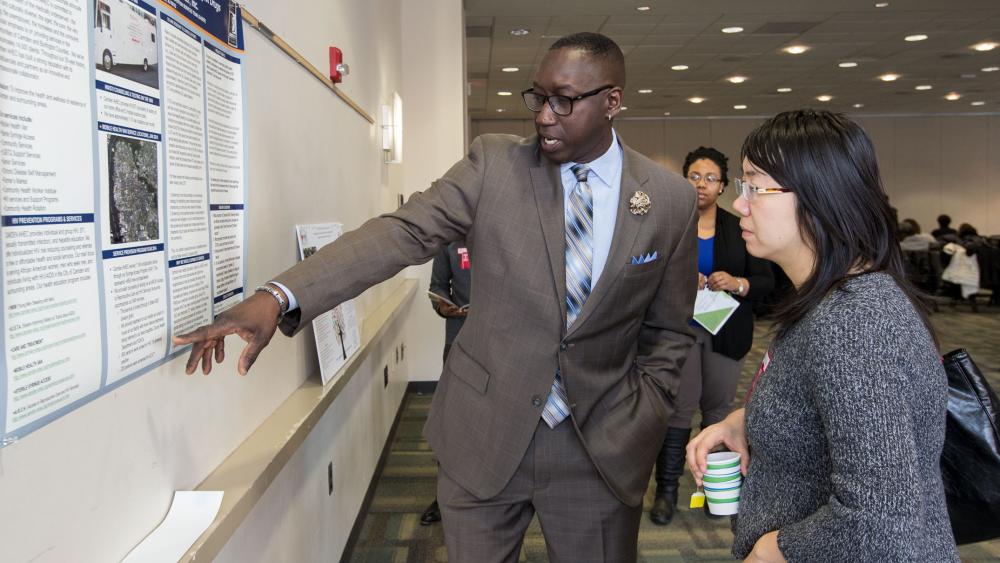Epidemiology PhD
The Epidemiology PhD in Temple’s College of Public Health prepares students for independent, research-oriented careers in epidemiology. The doctorate program emphasizes rigorous, advanced epidemiologic methods and statistical techniques, which can be used to understand the distribution and determinants of health-related outcomes. Students work with faculty in an interdisciplinary environment to conduct research and answer pressing questions related to the public’s health. As a doctoral student in the program, you will build expertise in
- traditional and innovative study designs and appropriate data analyses to accurately quantify and assess population-based, health-related outcomes;
- application of modern statistical computing software, such as SAS, R, and Mplus, and statistical methods for large and complex data sets in public health and medicine; and
- proficient interpretation and presentation of results to various audiences through publications and scientific conference presentations.
Students in the Epidemiology PhD examine complex global and local challenges through the critical assessment and the application of epidemiologic methods; train in substantive content areas aligned with their career goals; and apply their skills through teaching and research assistantships and grant writing.
Our doctorate students are prepared to work in a wide range of settings, including academia and research institutions; applied research settings in health systems and hospitals; local, state and federal governmental agencies (such as the National Institutes of Health, Food and Drug Administration and Centers for Disease Control); and pharmaceutical companies.
What sets apart our Epidemiology PhD?
- Collaborative, interdisciplinary education: The doctoral program has a 2-to-1 student-to-faculty ratio, which provides students with opportunities to work and engage with diverse faculty. Our location in the College of Public Health prepares students for interdisciplinary practice and research.
- Renowned professors: Our faculty includes experts who focus on behavioral and chronic disease epidemiology, cancer prevention and control, causal inference, latent variable modeling, social determinants, and water-related diseases. In addition to funded independent research, they have practical experience working in interdisciplinary teams in a wide variety of settings, including community-based entities; health systems and clinical practices; international nongovernmental organizations; and local, state and federal government agencies.
- Real-world experience: You will gain hands-on experience working on projects with faculty, local or state agencies, nonprofit organizations, or private companies —making you competitive and prepared to launch your career after graduation.
Program Format
The Epidemiology PhD is a full-time, 45-credit program. Students take core courses in epidemiology to advance their understanding of epidemiological and statistical methodology. Coursework addresses topics such as
- analyses of hierarchical (multilevel or clustered) data;
- grant writing;
- intermediate and advanced epidemiologic methods and strategies to reduce bias in traditional and innovative study designs;
- latent variable and structural equation modeling;
- multivariable regression of general linear and generalized linear models; and
- spatial analyses.

